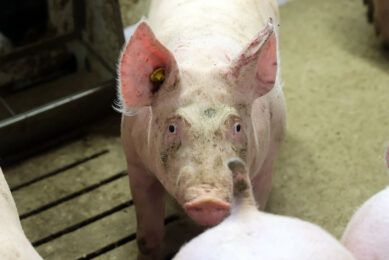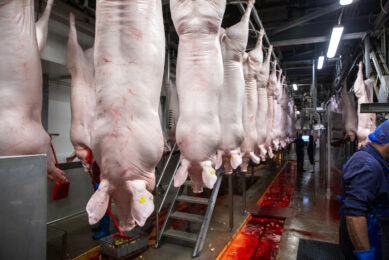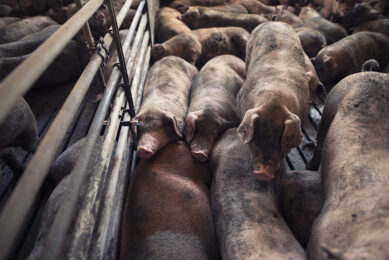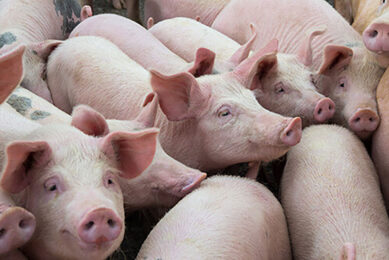World Pork Expo – show goes on
As John Wrigley, general manager of the World Pork Expo, sees it, the H1N1 flu scare gives World Pork Expo officials an opportunity to do something better.
“Sometimes these (events) are good to make sure you’re doing everything right. What it does is it just reminds you of your biosecurity measures, and it forces us to take a look at them and then to review them and to see if we can do a better job,” Wrigley stated.
The show will go on as scheduled for June 3-5 at the Iowa State Fairgrounds in West Des Moines.
The three days are packed with activities, food, a trade show and educational seminars that address everything from MRSA to neighbour relations, updates on PRRS, energy costs and labour issues.
After the news broke, expo officials and organisers went into overtime to find out all they could about H1N1, the threat, if any, to the US swine herd and to humans and everything else they needed to know to make a decision about whether to go forward with the expo.
Previous cancellations
The expo has been cancelled because of disease before — in 2001, the worldwide outbreak of hoof-and-mouth disease caused the event to be cancelled.
In 2003, a worldwide outbreak of Severe Acute Respiratory Syndrome did not cause cancellation of the event, but did cause organisers to step up biosecurity procedures.
“We didn’t cancel it then. We just did similar to this year and implemented a few new things,” Wrigley said. He said show organisers have been working nearly nonstop since the flu news broke a month ago.
“All of us have been on conference calls. We’re working closely with the Iowa Department of Public Safety, the state veterinarians, any state and local agencies, the Iowa Department of Agriculture. We are in contact with them constantly and have been,” he said.
“Until something happens that one of those agencies says you are not going to have an expo, we don’t see a reason to have anything different.”
‘What if’ scenario
The organisers always have a “what if” scenario and practices in place as they plan the show.
“It’s always an option, and there’s always a ‘what if’ and we do that every year, regardless,” said Wrigley of options for making changes to the show.
Wrigley acknowledged that cancellation would affect an awful lot of people. “It would be monumentally expensive to NPPC. It would be totally devastating to the National Swine Registry and all the efforts they’ve put into the show.”
Wrigley said organisers are asking visitors to the show to observe the standard biosecurity procedures. “We do ask that anyone coming, it’s part of our standard procedure, that they have not been on a hog farm for five days prior to coming to expo — and that’s every year, not just this year,” he said.
In addition, visitors can expect to find extra handwashing stations and stations with antibiotic handwashes at convenient locations throughout the fairgrounds.
Domestically, Wrigley said he thinks that the tough economic times the US hog industry is facing will affect attendance more than the flu scare.
Economic conditions
“I don’t know if that will be affected so much by the flu as by economic conditions and producers saying we’re losing $25 a head, we don’t have it in our budget to attend this year,” he said.
Despite the hurdles, Wrigley and his fellow show organisers are forging ahead. “As far as I’m concerned, it’s full speed ahead,” he said.
Related website
• World Pork Expo
©











